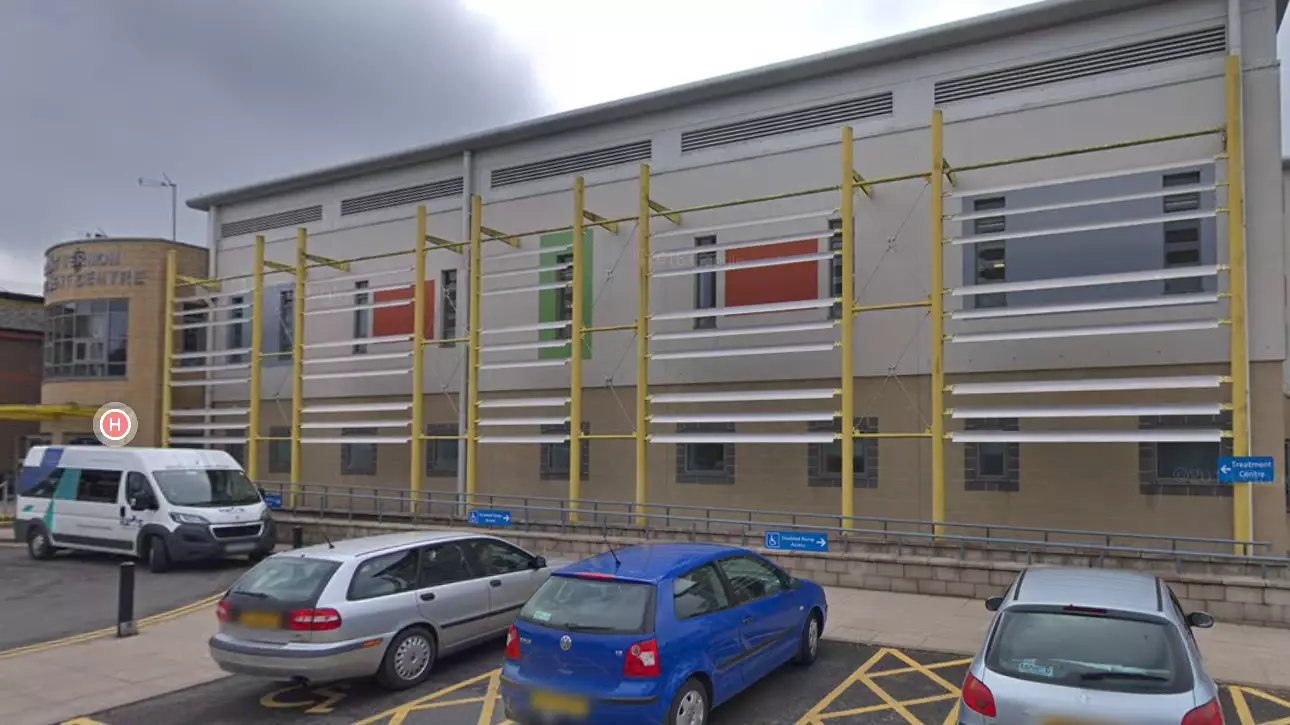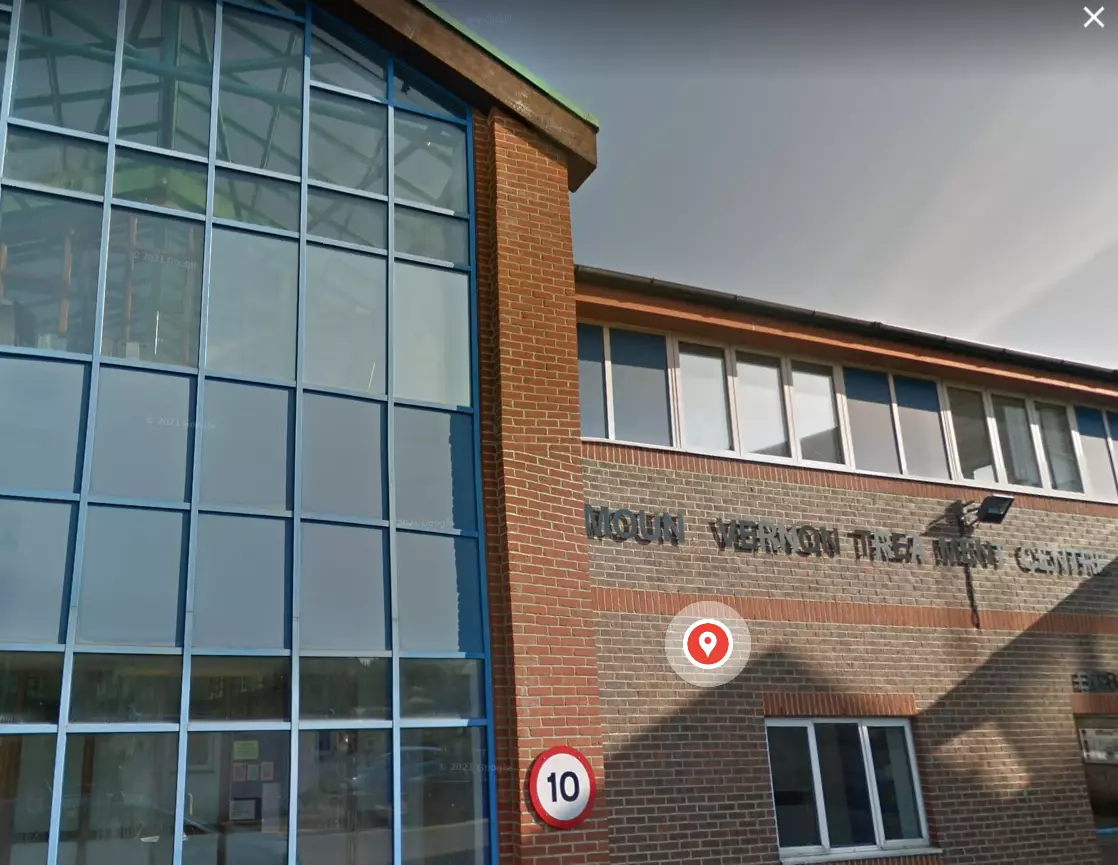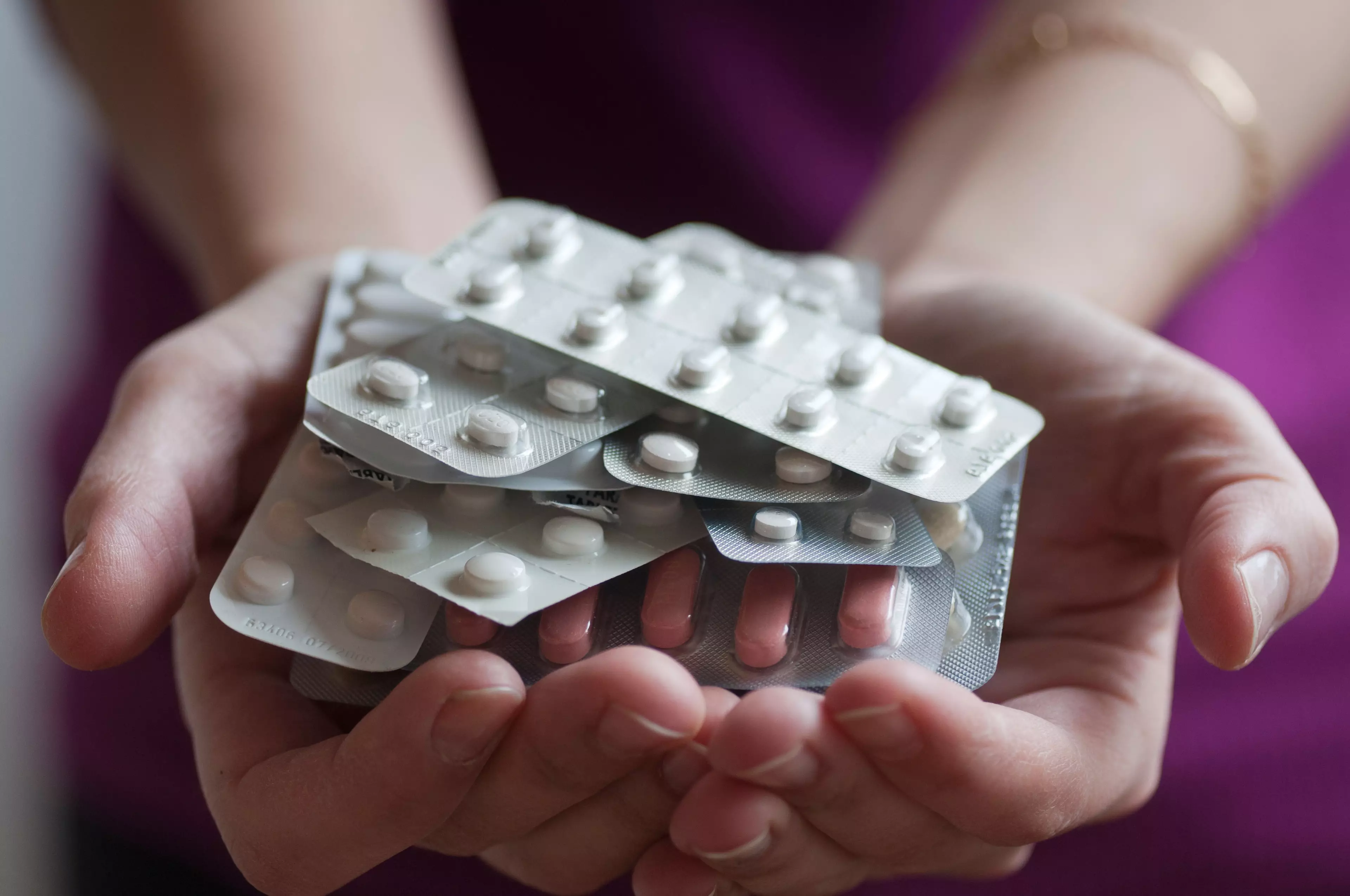
A passer-by discovered a surprising and potentially dangerous package of radioactive drugs in a London street after it fell out of a vehicle while being transported between two London hospitals.
Radiopharmaceuticals are used in the diagnosis and treatment of multiple diseases including cancer, but given their radioactive nature are understandably pretty dangerous - that is if they don't turn you into a superhero first.
The Metro has reported that they were dropped during an hour-long journey between Siemens' Mount Vernon Hospital and London Bridge Hospital back in September.
Advert
The incident has come to light after The Office for Nuclear Regulation (ONR) conducted an investigation into the mishap, resulting in an improvement notice being served to Siemens Healthcare Limited.

It's believed that the package wasn't secured properly in the vehicle and managed to trigger an internal door to release after coming loose. This caused it to fall out of the vehicle during the journey.
Thankfully, there was no risk to the person who found the package and there was no environmental damage caused.
Advert
Luckily for Siemens, the person who found the drugs was pretty conscientious and was said to have "quickly" contacted Siemens Healthcare so that they could collect the medicines.
It wasn't stated how long the drugs were missing for though.
According to The ONR, their investigation found that there were shortfalls in Siemens Healthcare's radiation risk assessment for the transport of the material. They also stated that the company did not have appropriate plans in place to respond to the loss of the material.
Siemens Healthcare has reportedly made progress in improving on this, although the ONR added that they've plenty more work to do - they've given the company until January 21 next year to comply with the improvement notice.

Radiopharmaceuticals being transferred between and to medical facilities is pretty common, with incidents such as this considered to be relatively rare.
Advert
If you want to know just how dangerous radioactive material can be to humans though, then look no further than the tragic case of Japanese industrial worker Hisashi Ouchi, who suffered an agonising 83 day-long demise after a chemical reaction at the nuclear plant he worked at in 1999.
Ouchi was helping a colleague pour litres of uranium into a huge metal vat at the Tokaimura Nuclear Power Plant in 1999. However, due to a miscalculation, the liquid reached it's 'critical point' and released dangerous neutron radiation and gamma rays into the atmosphere.
The thirty-five-year-old was heavily exposed to the radiation and suffered burns immediately, which was followed by him becoming dizzy and vomiting.
Despite the efforts of doctors to keep him alive a week into treatment, Ouchi is said to have begged them to stop, with his skin melting away, blood pouring from his eyelids and his body failing to react to multiple skin grafts.
Advert
He reportedly shouted: "I can't take it anymore! I am not a guinea pig!"
He later said that he 'wanted to go home' and demanded medical staff 'stop it'.
Almost two months from the incident, on the 59th day of his time in hospital, Ouchi's heart gave out three times.
He eventually died on the 83rd day.
Featured Image Credit: Google Maps